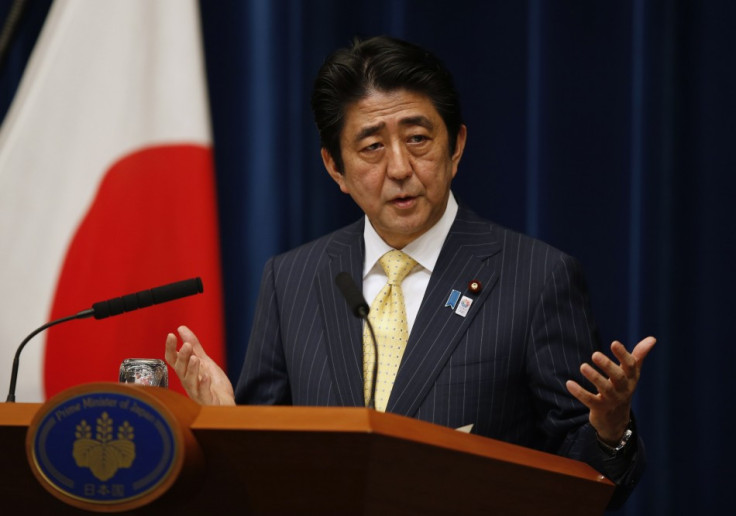Abenomics: Japan May Data Indicates Success of Prime Minister's Reflationary Strategy

Japan's economy fared well in May with increased industrial production and retail sales as well as a halt in the decline of consumer prices, signalling that Prime Minister Shinzo Abe's anti-deflationary measures are going in the right direction.
Data from the Japanese Ministry of Economy, Trade and Industry (METI) shows that Japan's industrial production increased for the fourth consecutive month, rising 2.0% on month in May. The figure was well ahead of economists' forecast of a 0.2% rise. In the previous month, industrial production rose by 0.9%.
The increased industrial output indicates surged domestic demand for power generation equipment and a pickup in exports in line with the global economic recovery.
On a yearly basis, industrial production declined by 1.0% in May, but it was better than economists' expectations of a contraction of 2.4% following a 3.4% decline in the previous month.
By sector, production by makers of general purpose and business-oriented machinery increased 7.6% on rising demand for components of steam turbines and boilers from Japanese utilities, according to the official data. Output of electrical machinery also rose 6.1% amid increased solar panel production in the country suffering from energy shortage.
The index of industrial shipments grew 0.8% in May to 96.6 while that of inventories was down 0.3% to 107.1.
The ministry notes that industrial production is showing a moderate pick-up trend. A survey of manufacturers by the ministry predicts a 2.4% fall in industrial production in June followed by a 3.3% increase in July.
Separate data from the METI shows that retail sales increased by 0.8% in May compared to a year earlier and by 1.5% from the previous month, but large-scale retailers saw a 0.4% year-on-year decline in sales. Further, Japanese consumer prices avoided deflationary territory in May despite a surprise decline in household spending.
Consumer prices, excluding fresh food, were little changed from a year before as the yen's weakness pushed utility costs up at the fastest pace in almost five years. Prices, barring fresh food and energy, fell 0.4% in May from a year earlier.
The latest data offers further evidence of the effectiveness of Abe's reflationary strategy as he looks to strengthen his political position before next month's upper house election.
At the same time, the data may ease pressure on Bank of Japan Governor Haruhiko Kuroda to announce further monetary stimulus measures.
© Copyright IBTimes 2024. All rights reserved.






